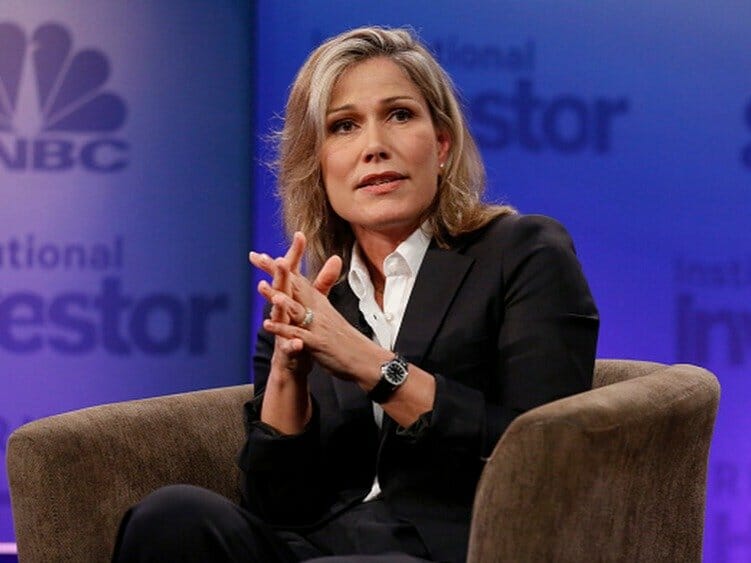
What is a trend following strategy?
Leda Braga: Trend following is an investment strategy that seeks to take advantage of upward or downward market trends by analysing the price movement, rather than the fundamentals, of the underlying asset. Investors who employ this strategy attempt to identify a trend and trade in the direction of that trend: buy when the price is rising and sell when the price is falling. Trend followers do not forecast market direction but aim to make profits from both upward trending and downward trending markets. Using a systematic approach, trend followers remove human emotion from the investment decision.
What does trend-following offer that other alternative strategies cannot?
Leda Braga: Trend-following has one of the longest standing track records in the hedge fund industry and has consistently demonstrated its diversifying power. The ability to take short positions objectively is crucial to this characteristic. As a trading strategy with a relatively low Sharpe ratio, it needs to be well understood by investors, so the size of positions is in line with their risk tolerance. Trend- following is a strategy that requires a long term horizon and solid education of investors.*
From Business Insider:
A man sitting in the front row [at an event] challenged Leda Braga’s method, saying: “All you’ve got to forecast to the future is the data.” Braga rebuked him, saying, “You think the discretionary guy has what? A crystal ball?'”
“At the end of the day, the business of investment management is the business of information management. I think the algorithmic approach is very good approach to do it.” Braga conceded that systematic trading does face a “stumbling block” — something called “algorithmic aversion.”
Research from UPenn’s Wharton has found that even if an algorithm consistently outperforms a human forecaster, people are more likely to lose confidence in the algorithm than the human after they both make the same mistake. The reason, according to an HBS paper on the research, is that there’s a belief the human forecaster can make improvements and learn from the mistake.
But Braga says algorithms can improve too. “[We] know these things work and yet we shy away from them,” Braga said. “We scrutinize the algos with a lot less tolerance than we scrutinize human action.” Braga thinks that over time people will become more “amiable” toward algorithms — especially since we live in a world full of them, from Apple to Uber.
More on trend following.
*Excerpted Schroders Expert 2016.
—
You may also enjoy the following content: My thoughts on using expensive trading software, Zero Sum Trading, Jerry Muller Podcast, Mike Salguero Interview.
